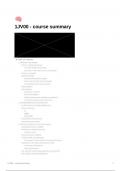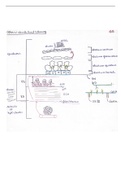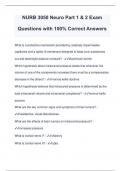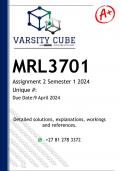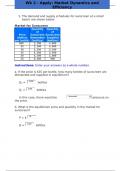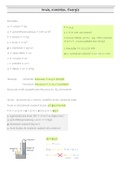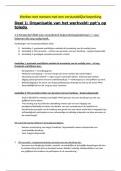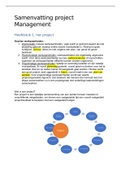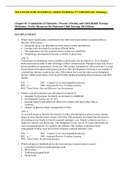Samenvatting
Extended Summary: (Fundamentals of) Work and Organizational Psychology (1JV00)
- Vak
- Instelling
This is an extended summary of all lectures for the course (Fundamentals of) Work and Organizational Psychology (1JV00). This 73-page document (with a clickable table of contents for easier navigation) summarizes the essence of all topics covered in the course (as far as I could imagine when writin...
[Meer zien]
